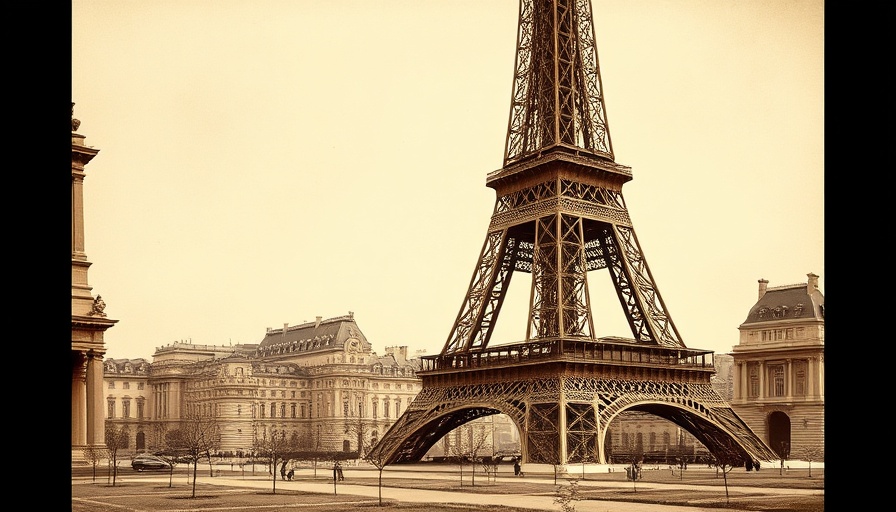
The Unending Journey: Understanding Our Capacity to Create
The world is an evolving tapestry, with human creativity and actions perpetually weaving new threads into its fabric. The notion that we begin from nothing—as psychotherapist Glenn Helberg suggests through the lens of creativity—raises profound questions about our agency in initiating change. The assertion that no one can create something from nothing resonates deeply with Hannah Arendt’s concept of 'natality,' which highlights our inherent ability to begin anew.
Exploring Natalie: The Concept of New Beginnings
Hannah Arendt emphasized that natality, or the capacity to initiate new processes, is fundamental to human existence. According to Veronica Vasterling, freedom is closely intertwined with the ability to innovate and catalyze change. Our lives are characterized by moments of initiation, where collective actions—like neighborhood initiatives and protests—thrive. This collective action not only illustrates Arendt's views but emphasizes that change requires communal engagement rather than isolation.
The Challenges of Today: Navigating Personal and Collective Beginnings
In contemporary society, the urgency to begin anew is palpable amidst challenges such as climate change, political unrest, and social inequality. As Arendt suggested, it’s easy to confuse politics with distant authorities, thereby ignoring our potential for local action. The fixation on individual success often detracts from communal strength and agency. Helberg urges us to recognize our behaviors and their impacts on ourselves and others, thus reaffirming the interconnectedness of our actions.
Turning Vulnerability into Strength: Embracing Change Together
As Christa Anbeek articulates, life’s volatility underscores our shared vulnerability. The ability to embrace this frailty can be a source of strength, enabling us to stand beside each other as we navigate the uncharted waters of change. We coexist not just as individuals, but as interconnected beings capable of immense collaboration. Recognizing natality involves an acknowledgment of our shared existence and collective responsibility to influence our world positively.
Guiding Light: The Impact of Promises and Actions
In times of uncertainty, our promises to each other can illuminate the darkest paths. Maintaining these commitments can foster trust and stability, anchoring us within a sea of change. The act of promising is not just about duty; it propagates a cycle of hope that engages hearts and minds to dream of a better world. Arendt writes that the birth of each child embodies this promise of renewal—reminding us of our capacity to co-create a better future through our actions.
How to Ignite Change: The Power of Collective Action
To foster an impactful change, it’s vital for individuals to engage in conversations that challenge the prevailing narratives and empower their communities. Whether through local activism, crafting supportive dialogues, or simply sharing hopes and aspirations, each action becomes a stepping stone towards a collective transformation. By choosing to not remain passive, we reclaim our potential to influence the world we inhabit.
As we reflect on the words of philosophers like Arendt and the insights from thinkers such as Anbeek, it becomes clear that the world is indeed an unfinished project. The act of beginning anew, sparked by conversations, shared aspirations, and concerted actions, holds the key to our collective journey forward. We’re invited not only to witness but to participate actively in shaping the narratives of tomorrow.
Begin your journey of change by exploring ideas that resonate with you, and take the first step towards meaningful action.
 Add Row
Add Row  Add
Add 


Write A Comment